UN Security Council session on Kosovo on Tuesday
The UN Security Council will hold a session in New York on Tuesday when Secretary General Ban Ki-moon will present his latest report on the situation in Kosovo.
Monday, 18.11.2013.
13:31

NEW YORK The UN Security Council will hold a session in New York on Tuesday when Secretary General Ban Ki-moon will present his latest report on the situation in Kosovo. The report sent to Tanjug by the office of the UN security general sums up the situation in the period from July 16 to October 15 and points to the success of the local elections, especially in northern Kosovo, noting that this will influence the future consolidation and peace and stability in Kosovo. UN Security Council session on Kosovo on Tuesday Ban noted that the overall security situation in Kosovo remained generally calm, with occasional incidents reported in ethnically mixed areas, adding that all sides appeared to demonstrate an increased commitment to prevent tensions on the ground to enable the high level dialogue and implementation process to move forward. The implementation of the Brussels agreement continues to move forward, but there is still a strong campaign in northern Kosovo against participation in the local elections although the Serbian leadership has committed its strong support for Kosovo Serb participation in the upcoming elections, reads the report. Ban commended Belgrade and Pristina for their continued efforts in the EU-facilitated dialogue and said that the leaders of both sides responded to the numerous challenges in the process with vision and persistence. He also thanked High EU Representative for Foreign Affairs and Security Policy Catherine Ashton, whose personal role also continues to be essential. "The progress on the ground toward peace and stability will also remain crucial in light of Serbia's and Kosovo's aspirations toward the European integration, he said, adding that both sides carried out impressive steps to approach the goal. Further progress in the normalisation of relations according to the EU criteria will bear crucial importance," he wrote, and added: "The preparations for the elections brought up a number of political and procedural challenges, starting with the registration of voters with place of residence outside Kosovo, the appearance of the electoral materials and the issue of Serb representatives in the Kosovo Central Election Commission, the UN secretary general said and added that the problems were resolved through permanent dialogue between the two sides." The Serbian leadership has committed its strong support for Kosovo Serb participation in the upcoming elections and has been playing an active role to that effect. By the end of the registration period on 4 September, a total of 103 political entities, including 19 in northern Kosovo, applied and were certified by the Kosovo Central Election Commission, Ban said. In the section on police and the judiciary, the report reads that certain progress was achieved despite the problems, adding that on 25 July, five Kosovo Serb and one Kosovo Albanian senior officers were appointed to command positions in the new Regional Police Command North in northern Kosovo. Detailed negotiations on the transfer of judicial personnel and on the future court structure in northern Kosovo have proceeded more slowly, but are continuing. On September 1, the Serbian Justice Ministry extended its earlier decision to suspend its activities in northern Kosovo, pending agreements of the outstanding issues, reads the report. According to UNMIK, a total of 76 incidents affecting the minority communities were reported during the period between July 16 and October 15 this year, while three months earlier there were 90 such incidents. As for the missing persons, Ban said that since the deployment of EULEX, in 2008, 407 field operations to collect data which could lead to exhumations have been carried out and remains of 355 individuals have been returned to families. However, there are estimated 1,720 persons who are still missing from the 1998-1999 conflict. According to the Office of the United Nations High Commissioner for Refugees (UNHCR), as of September, 569 Kosovo Serb displaced families expressed willingness to return to Kosovo from Serbia, along with 112 Kosovo Roma, Ashkali and Egyptian families from Montenegro, and 45 Kosovo Roma, Ashkali and Egyptian families from Former Yugoslav Republic of Macedonia. UNMIK Administration Mitrovica (UAM) continued its monitoring, mediation and facilitation roles, as part of UNMIK's sustained effort to support institutional and political progress in the region, the report reads. "My Special Representative Farid Zarif has continued to invest substantial efforts in northern Kosovo by regularly engaging with all relevant stakeholders, both through meetings and public statements, in order to enhance constructive dialogue," Ban said in the report. Tanjug
UN Security Council session on Kosovo on Tuesday
Ban noted that the overall security situation in Kosovo remained generally calm, with occasional incidents reported in ethnically mixed areas, adding that all sides appeared to demonstrate an increased commitment to prevent tensions on the ground to enable the high level dialogue and implementation process to move forward.The implementation of the Brussels agreement continues to move forward, but there is still a strong campaign in northern Kosovo against participation in the local elections although the Serbian leadership has committed its strong support for Kosovo Serb participation in the upcoming elections, reads the report.
Ban commended Belgrade and Priština for their continued efforts in the EU-facilitated dialogue and said that the leaders of both sides responded to the numerous challenges in the process with vision and persistence. He also thanked High EU Representative for Foreign Affairs and Security Policy Catherine Ashton, whose personal role also continues to be essential.
"The progress on the ground toward peace and stability will also remain crucial in light of Serbia's and Kosovo's aspirations toward the European integration, he said, adding that both sides carried out impressive steps to approach the goal. Further progress in the normalisation of relations according to the EU criteria will bear crucial importance," he wrote, and added:
"The preparations for the elections brought up a number of political and procedural challenges, starting with the registration of voters with place of residence outside Kosovo, the appearance of the electoral materials and the issue of Serb representatives in the Kosovo Central Election Commission, the UN secretary general said and added that the problems were resolved through permanent dialogue between the two sides."
The Serbian leadership has committed its strong support for Kosovo Serb participation in the upcoming elections and has been playing an active role to that effect. By the end of the registration period on 4 September, a total of 103 political entities, including 19 in northern Kosovo, applied and were certified by the Kosovo Central Election Commission, Ban said.
In the section on police and the judiciary, the report reads that certain progress was achieved despite the problems, adding that on 25 July, five Kosovo Serb and one Kosovo Albanian senior officers were appointed to command positions in the new Regional Police Command North in northern Kosovo.
Detailed negotiations on the transfer of judicial personnel and on the future court structure in northern Kosovo have proceeded more slowly, but are continuing. On September 1, the Serbian Justice Ministry extended its earlier decision to suspend its activities in northern Kosovo, pending agreements of the outstanding issues, reads the report.
According to UNMIK, a total of 76 incidents affecting the minority communities were reported during the period between July 16 and October 15 this year, while three months earlier there were 90 such incidents.
As for the missing persons, Ban said that since the deployment of EULEX, in 2008, 407 field operations to collect data which could lead to exhumations have been carried out and remains of 355 individuals have been returned to families. However, there are estimated 1,720 persons who are still missing from the 1998-1999 conflict.
According to the Office of the United Nations High Commissioner for Refugees (UNHCR), as of September, 569 Kosovo Serb displaced families expressed willingness to return to Kosovo from Serbia, along with 112 Kosovo Roma, Ashkali and Egyptian families from Montenegro, and 45 Kosovo Roma, Ashkali and Egyptian families from Former Yugoslav Republic of Macedonia.
UNMIK Administration Mitrovica (UAM) continued its monitoring, mediation and facilitation roles, as part of UNMIK's sustained effort to support institutional and political progress in the region, the report reads.
"My Special Representative Farid Zarif has continued to invest substantial efforts in northern Kosovo by regularly engaging with all relevant stakeholders, both through meetings and public statements, in order to enhance constructive dialogue," Ban said in the report.












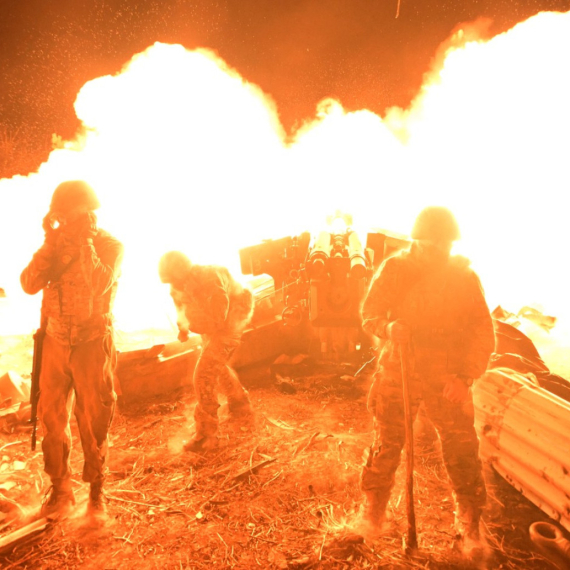






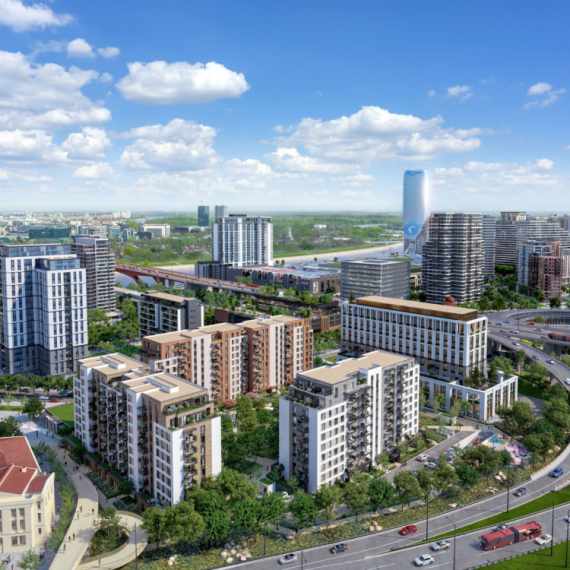


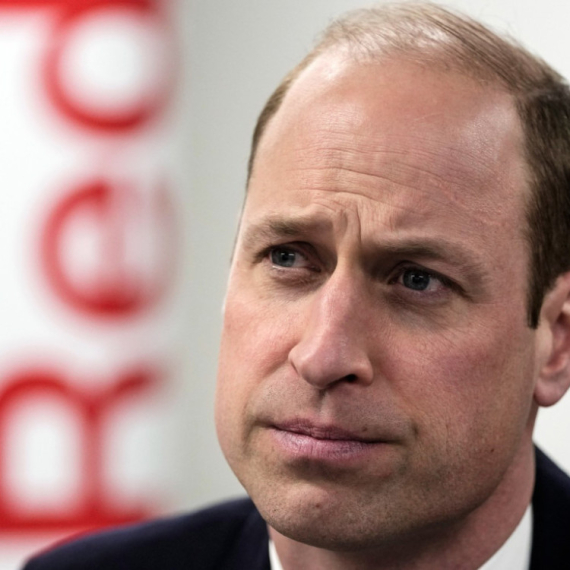




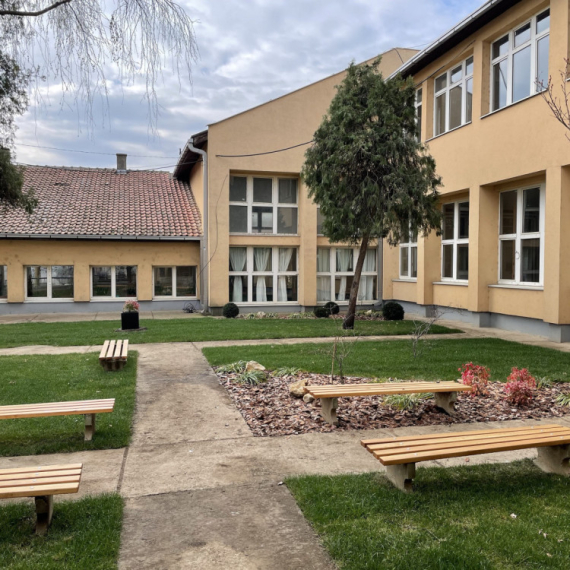












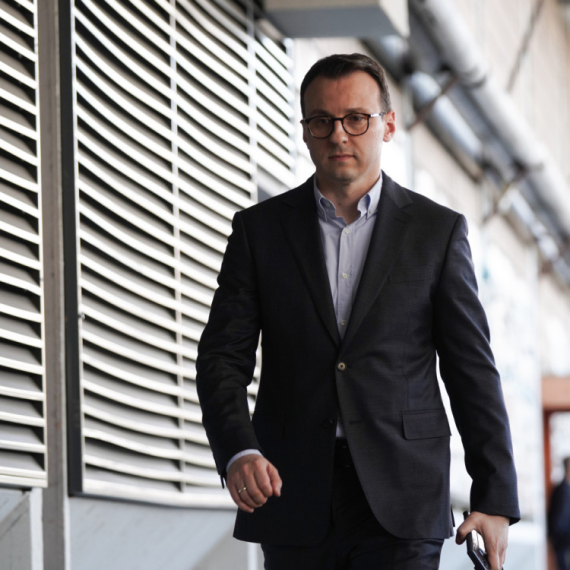
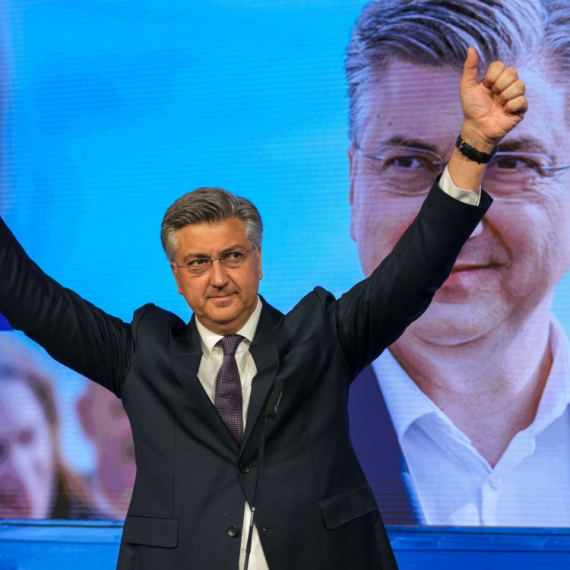






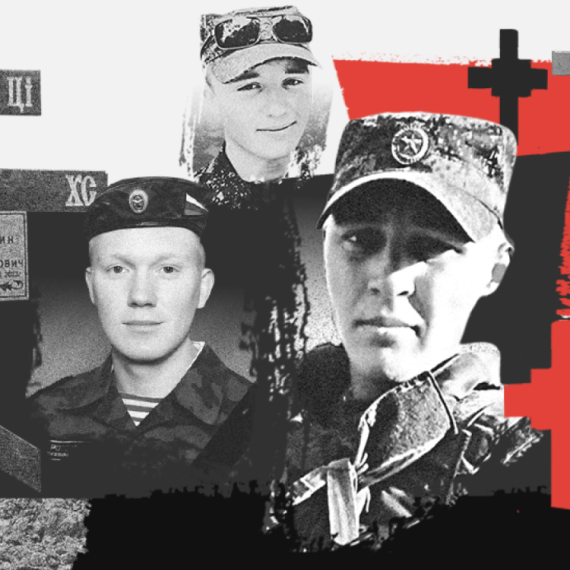

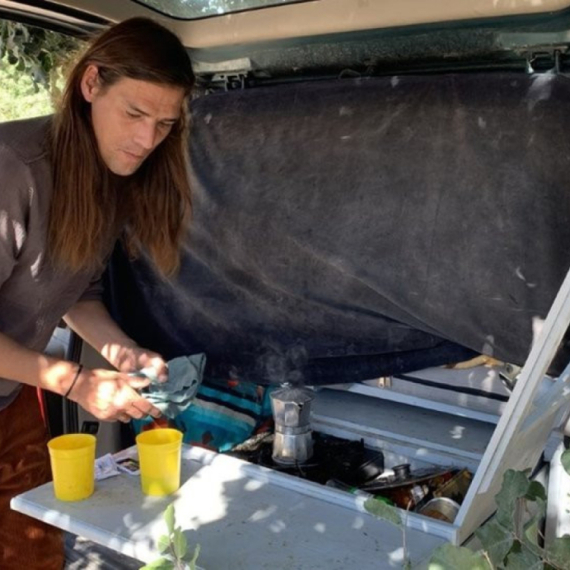
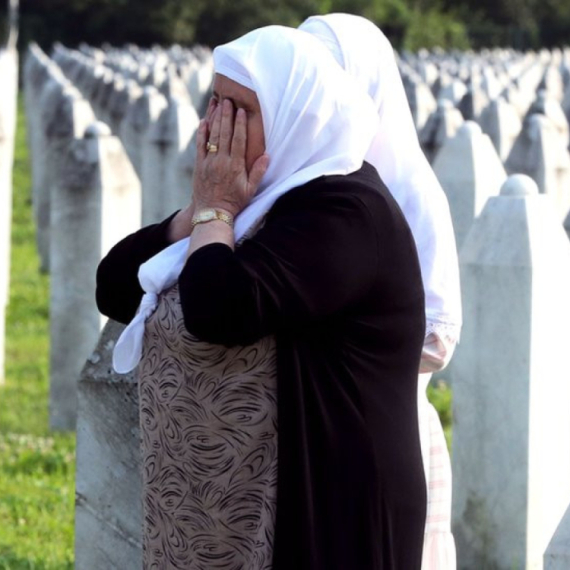
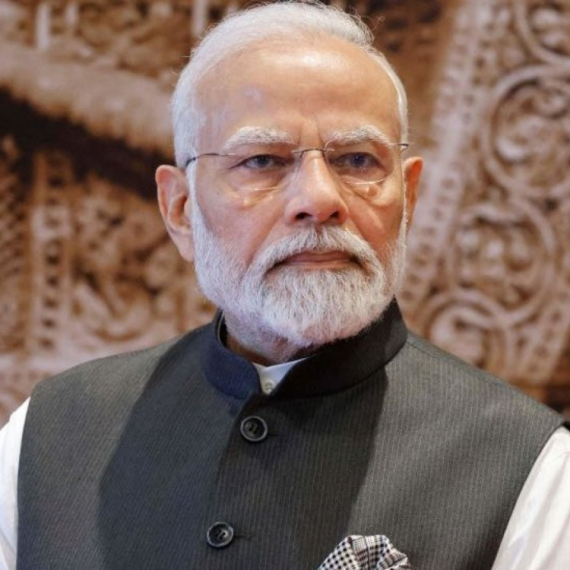

Komentari 1
Pogledaj komentare